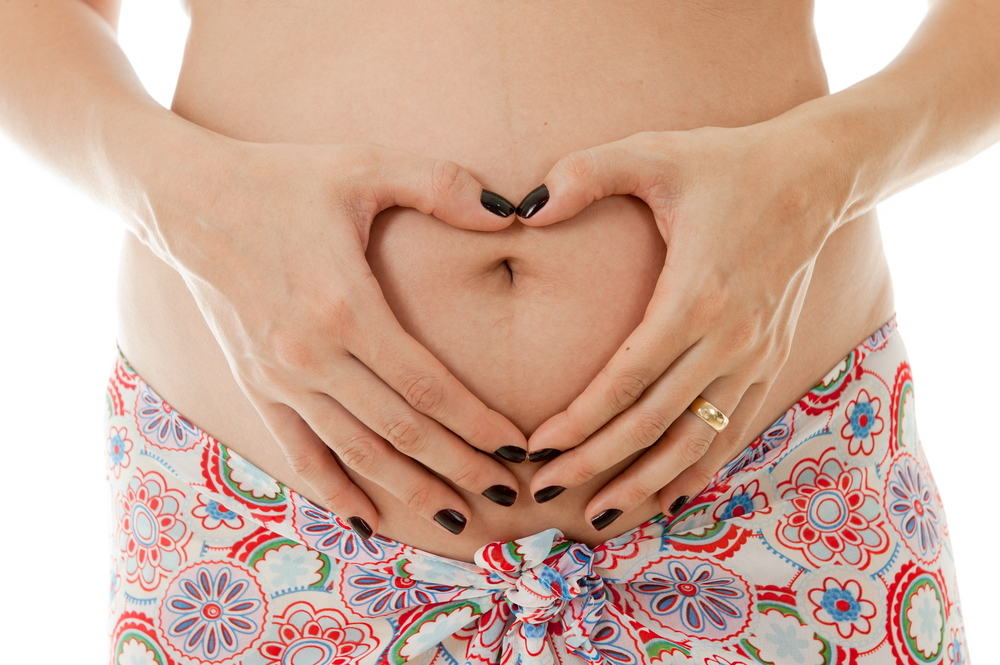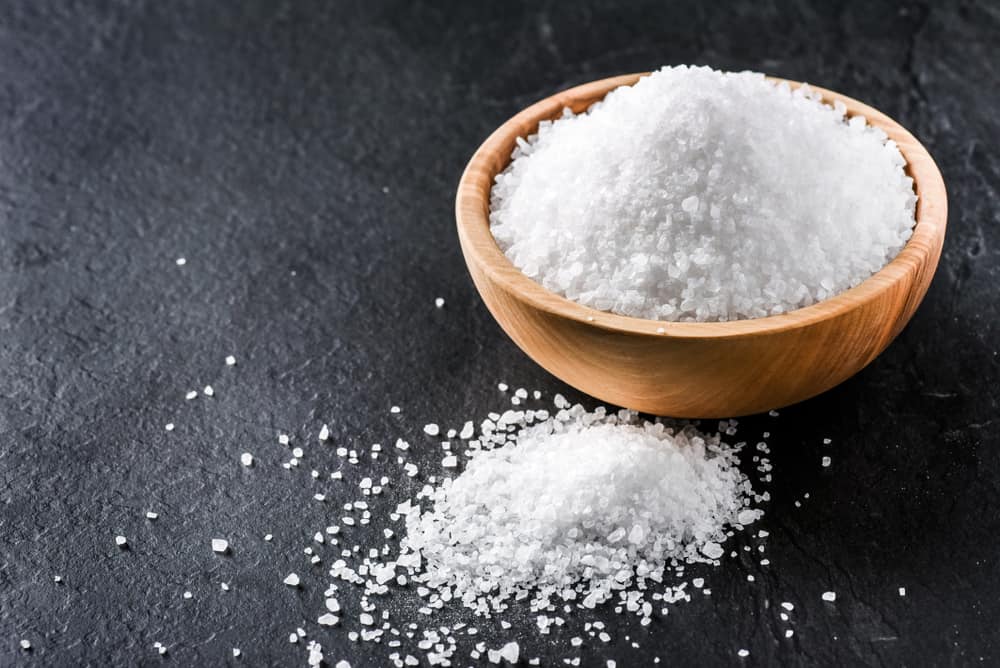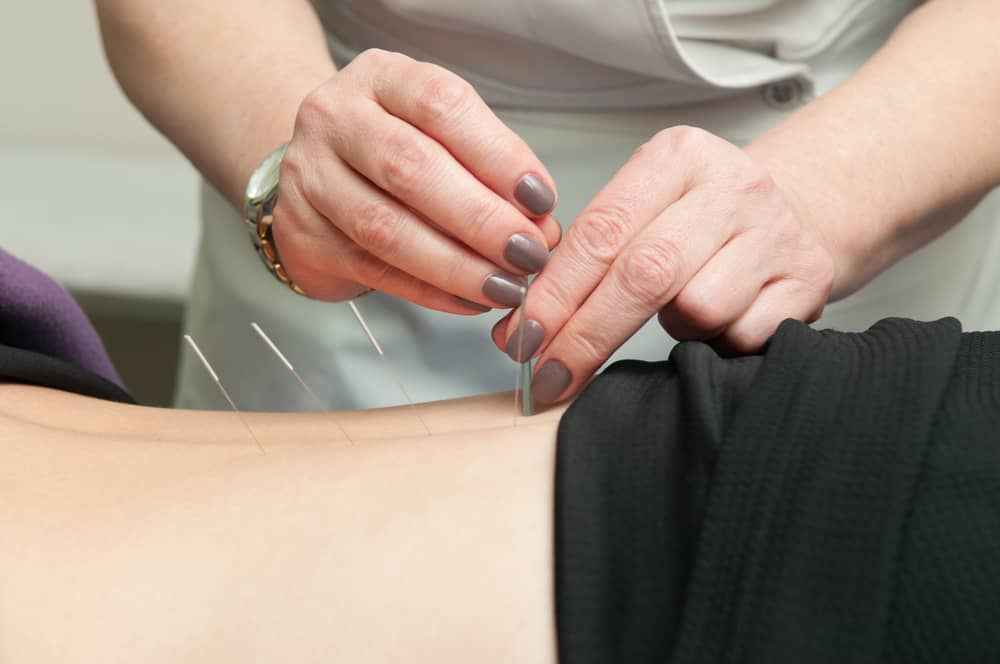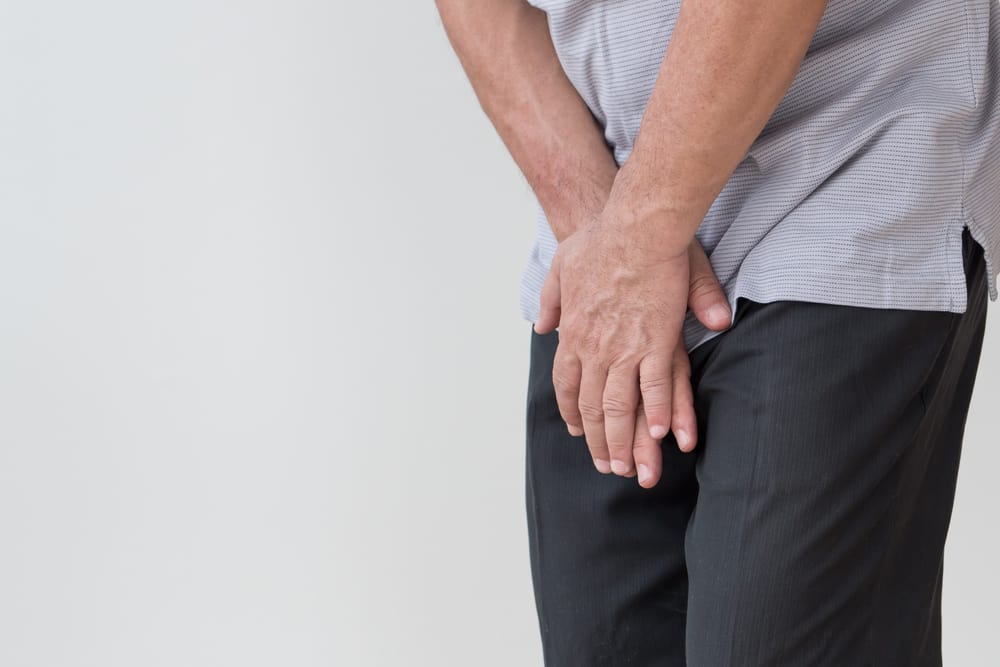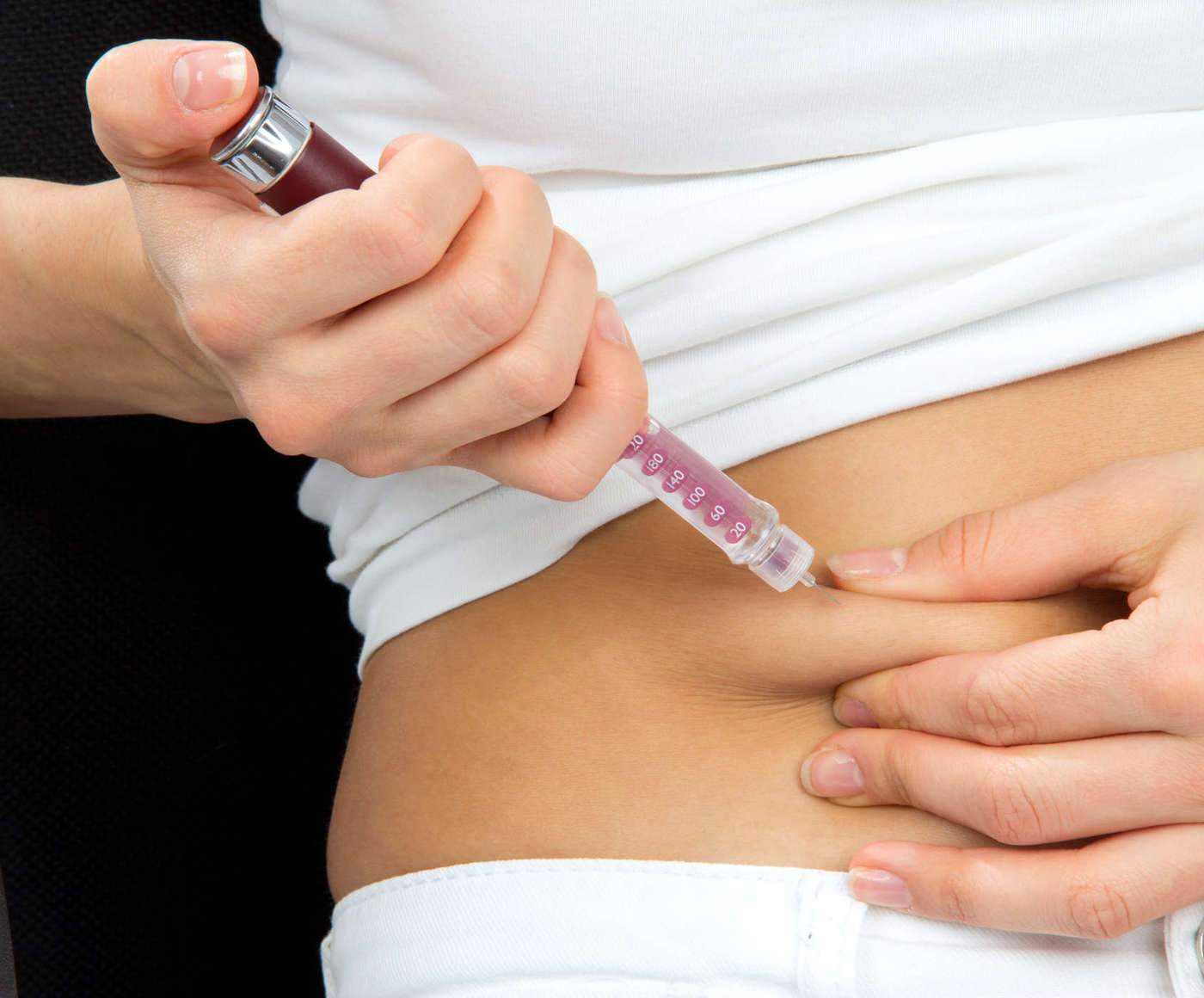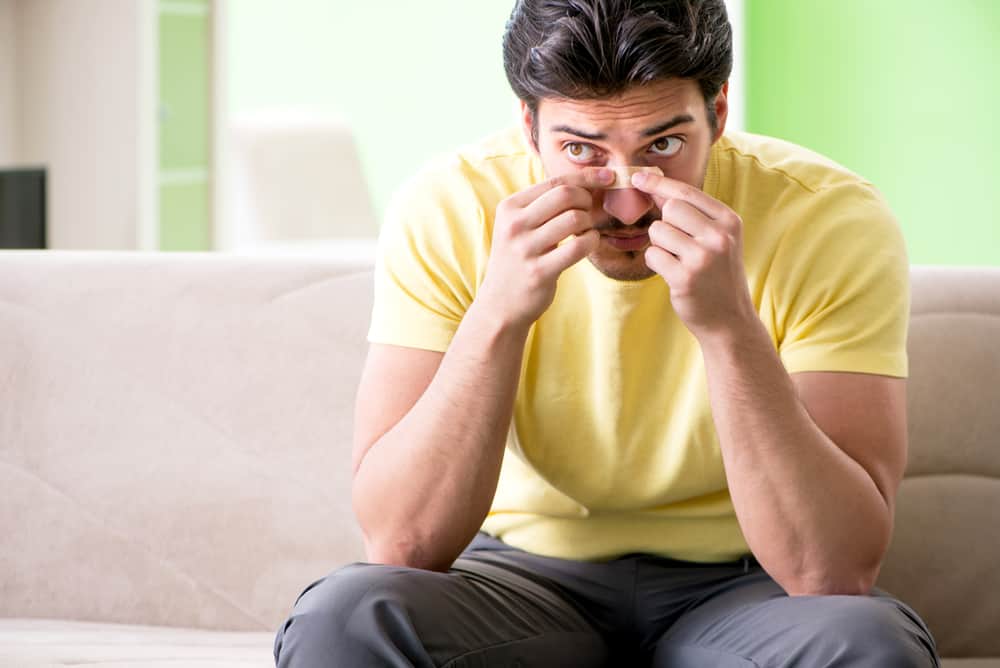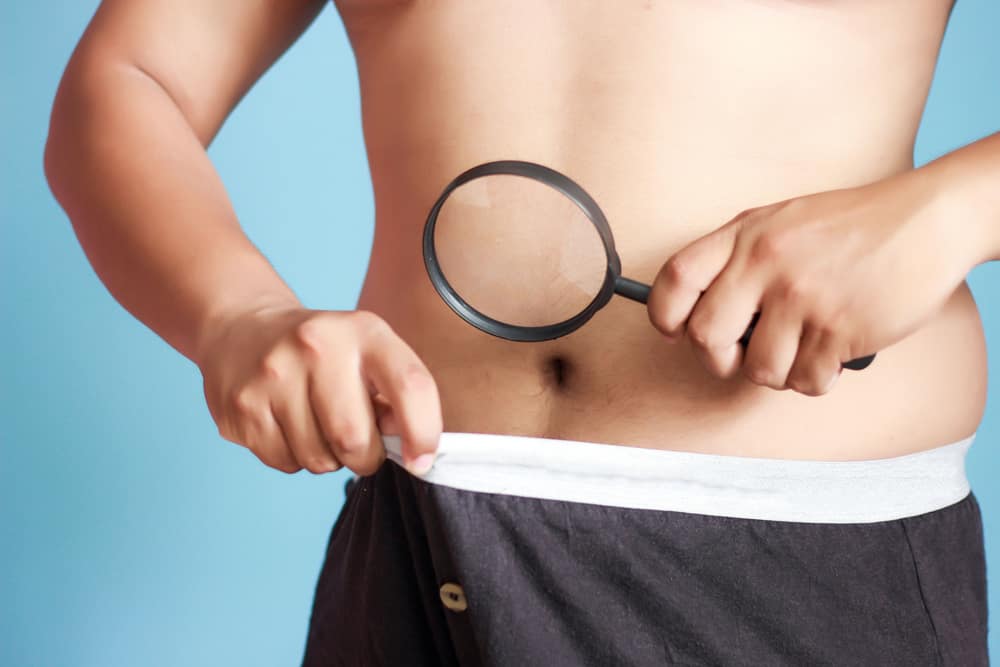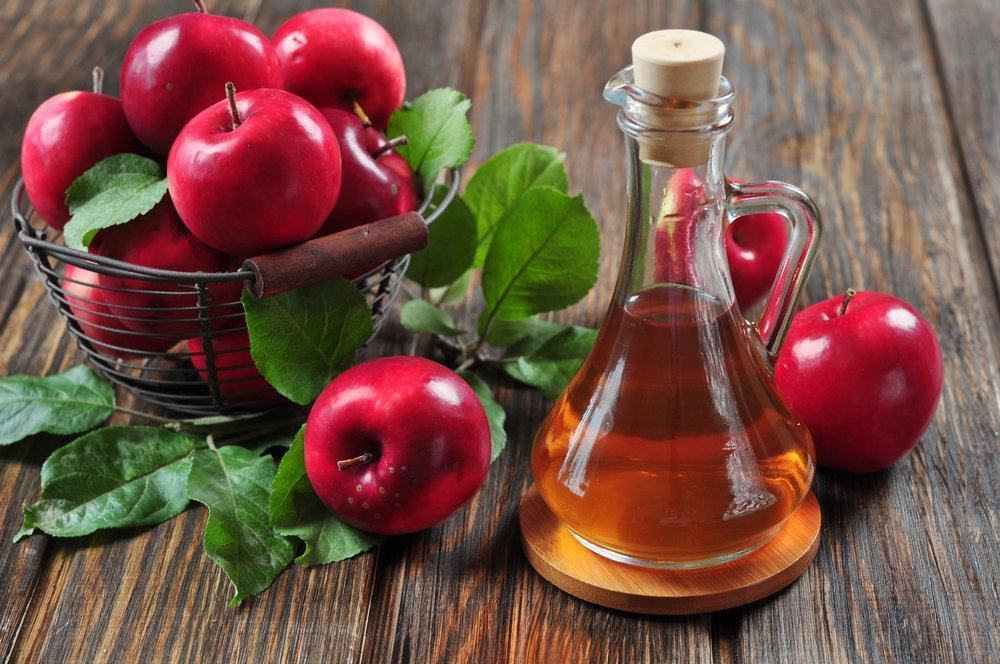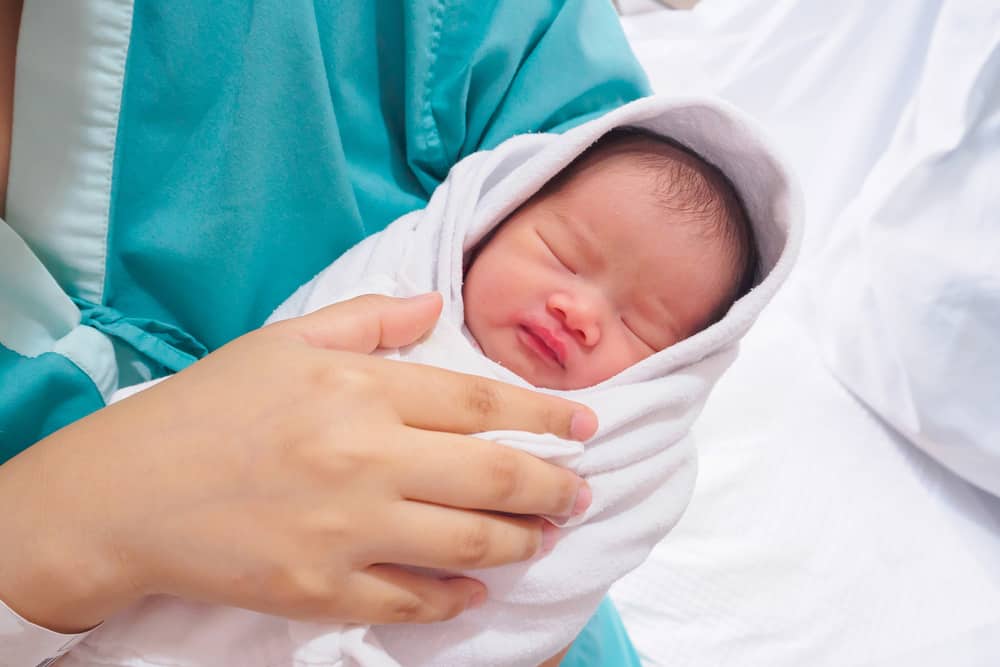Contents:
- Medical Video: Ovarian Cysts | Q&A with Dr. Wang
- Are ovarian cysts dangerous?
- Is it true that cysts make it difficult to get pregnant?
- Cysts that do not affect fertility
- Cysts that can make it difficult for you to get pregnant
Medical Video: Ovarian Cysts | Q&A with Dr. Wang
To achieve a healthy pregnancy, the condition of the mother's body must be well prepared so that the fetus can grow and develop in the womb. However, sometimes there are several conditions in women that can prevent pregnancy.
The presence of cysts in a woman's ovary (ovary) can be one reason that makes it difficult for a woman to get pregnant. In fact, some say that cysts before pregnancy can make you infertile. Is this true? Is it true that cysts make it difficult to get pregnant?
Are ovarian cysts dangerous?
Ovarian cysts are actually harmless if treated immediately. Even ovarian cysts can disappear on their own without you knowing. However, ovarian cysts can be dangerous if they grow, not disappear, and break. This can make you feel uncomfortable and cause some symptoms.
Unfortunately, ovarian cysts generally don't show any symptoms when they are small, so you don't feel suspicious and should see your doctor. As a result, when you see a doctor and find out that you have a cyst, the cyst is already in a great condition and can cause bad things.
Is it true that cysts make it difficult to get pregnant?
Women who have cysts are generally afraid they can't get pregnant. Many say that cysts can make it harder to get pregnant or make you infertile. However, this is not entirely true. Some types of cysts cannot affect your fertility and you can still get pregnant. However, there are certain types of cysts that make it difficult for you to get pregnant. So, whether the cyst makes it difficult to get pregnant or not, this depends on the type of cyst you are experiencing.
Cysts that do not affect fertility
Some types of cysts that do not affect fertility, so it does not make it difficult for you to get pregnant are:
- Functional cyst. Functional cysts are the most common type of cyst, such as cysts (small fluid-filled sacs) that grow in the follicles or in the corpus luteum. This type of cyst usually develops during the normal menstrual cycle. This is harmless and does not affect your fertility. In fact, the presence of a functional cyst can indicate that you are fertile. Generally, this functional cyst can disappear by itself and does not need special care.
- Kistadenoma. Kistadenoma is a type of cyst that grows in the ovary (ovary). These cysts arise from the surface of your ovary. These types of cysts can develop quite large and need special care to eliminate them. But, generally cystadenoma does not affect your fertility.
- Dermoid cyst. This cyst is different from other types of cysts. What's the difference? Dermoid cysts contain tissue, such as skin and hair, not filled with fluid. This type of cyst does not affect your fertility.
Although these three types of cysts do not affect your fertility, you should consult your doctor about what treatments you should take to increase your chances of getting pregnant. Cysts that are left alone and have a very large size can hurt you and may also make it harder for you to get pregnant.
Cysts that can make it difficult for you to get pregnant
Some types of ovarian cysts that can affect your fertility and make it harder for you to get pregnant are:
- Endometrioma. Endometrioma is a cyst caused by endometriosis. Endometriosis is a condition in which the tissue lining the uterus (endometrium) grows outside the uterus. This type of ovarian cyst may affect your fertility.
- Ovarian cysts due to polycystic ovary syndrome (PCOS). Polycystic ovary syndrome is a condition characterized by the number of small cysts that arise in the ovary. In addition, other signs of polycystic ovary syndrome are irregular menstrual periods and increased levels of certain hormones. Because it is associated with irregular periods, polycystic ovary syndrome can cause fertility problems in some women, making it more difficult to get pregnant.

